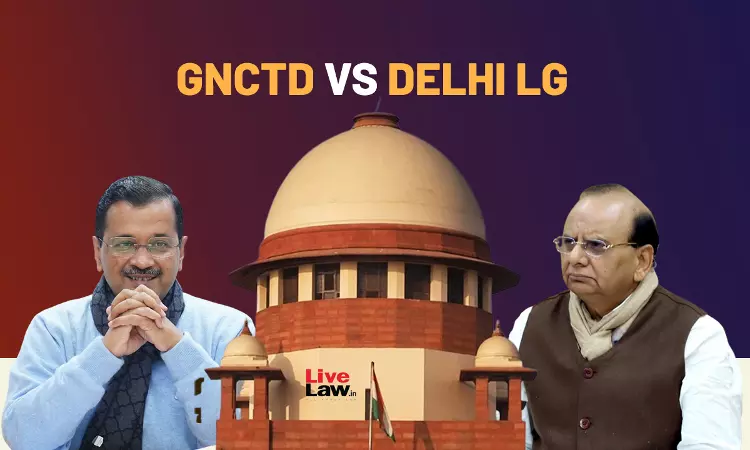Delhi Govt v LG Services Dispute | Recap Of Arguments Raised Before Supreme Court Constitution Bench
Padmakshi Sharma
10 May 2023 10:23 PM IST

Next Story
10 May 2023 10:23 PM IST
The Supreme Court is set to pronounce tomorrow the judgment in the matter pertaining to the dispute between the Delhi government and the union government regarding control of administrative services in the National Capital Territory of Delhi. The matter has been at the center of a constitutional dispute concerning the allocation of powers and delineation of responsibilities between the...
